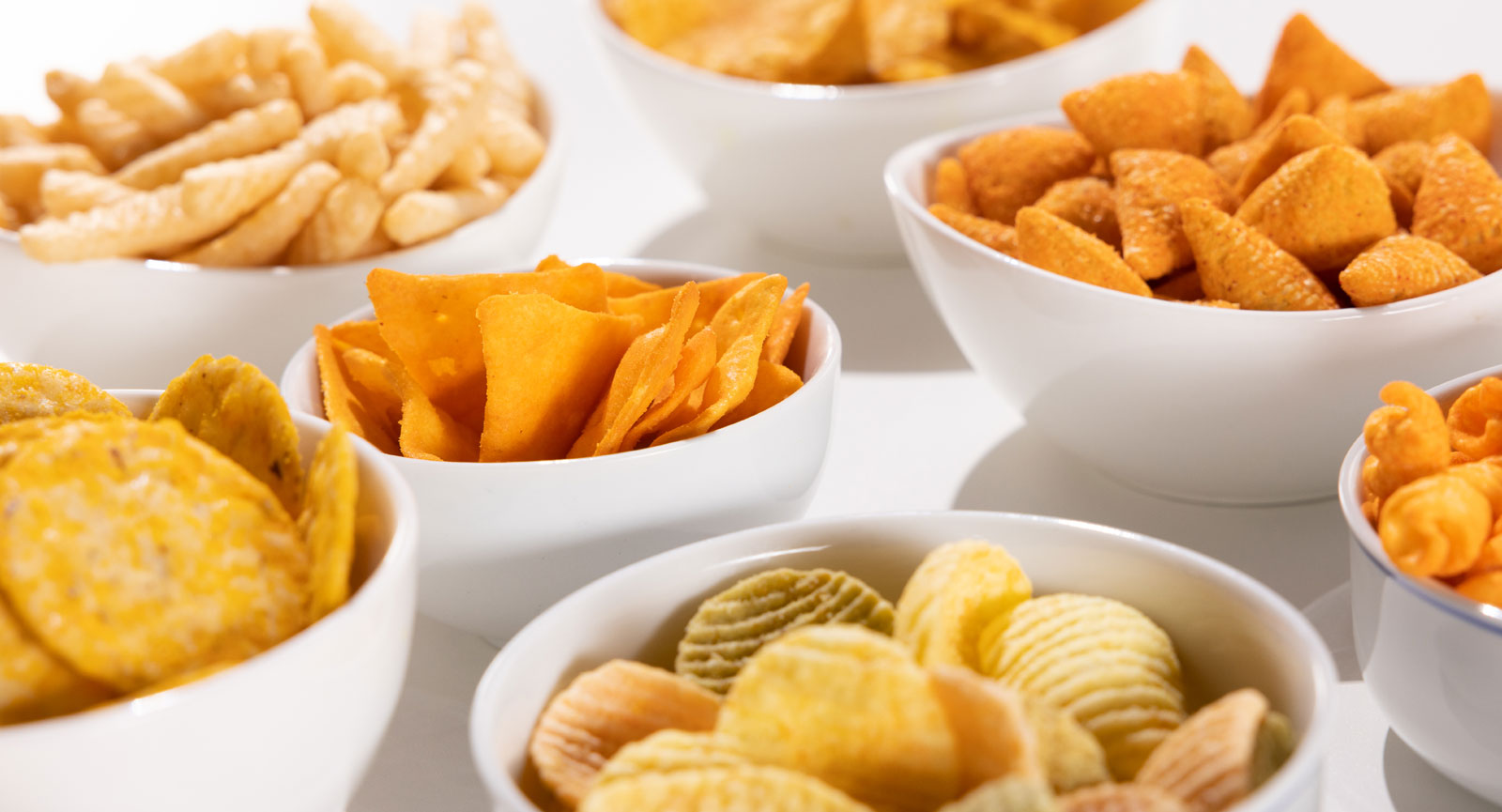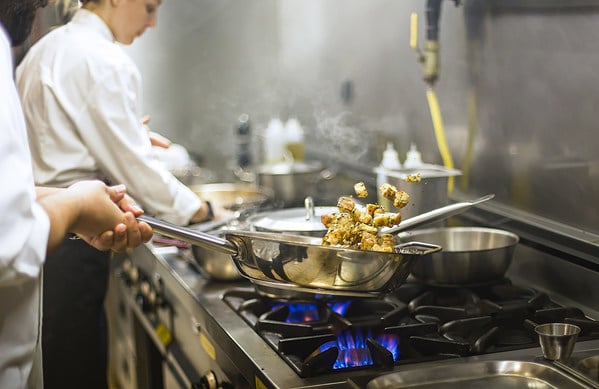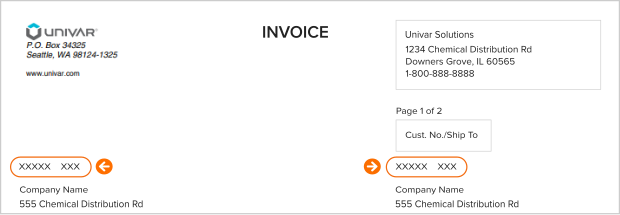We’re here to provide you with more information or help answer any questions you might have. Send us a note and we’ll get back to you as soon as possible.


Food preservatives are far from a novel concept. Throughout history, humans have strived to innovate new methods that extend food supplies, whether for families or entire populations.
The best ways to preserve food have largely focused on how to keep food and beverages safe for consumption without significant quality degradation. Artificial preservatives and other chemically-driven methods of preservation became commonplace to extend shelf life throughout the food and beverage industry during the 20th century. However, there have been growing safety concerns related to artificial food preservatives in recent decades.
Modern consumers generally have more awareness about or thoroughly investigate what they're putting into their bodies, creating a need for transparency from brands and manufacturers. Using natural preservatives and ingredients to enhance food safety and clean-label claims has become a more prominent focus for new product launches and reformulations.
We recently interviewed Bo Li Wei, application development manager, Foodology by Univar Solutions. The discussion highlighted the state of natural preservatives, how these ingredients are impacting the food and beverage space, and what this might mean for the future of synthetic food preservatives.
What are the best possible options for natural preservatives in foods and/or supplement ingredients now?
Bo: Preservatives derived from fermentation or plant extraction are commonly selected for natural preservation and have been formulated in various food and supplement products.
Some examples include cultured sugar, cultured starch, or buffered vinegar for microbial control and rosemary extract or acerola extract for oxidation control.


Has the view of using natural preservatives changed over time? In what ways?
Bo: Like many other ingredient categories, natural food preservatives have been a process involving discovery and continuing improvement. There were concerns over the efficacy of natural preservatives versus conventional preservatives that have been used for decades.
As more experiments were conducted with success, data is now available for extended review, and formulators can make sound decisions from the very early stages of product development. Natural preservatives have been proven effective and are making their way to become mainstream solutions.


Are there any “old school” food and /or supplement ingredients that you believe won’t come back?
Bo: Potassium sorbate and sodium benzoate are considered synthetic preservatives by most food manufacturers and consumers. These are still widely used throughout the food industry, but in my opinion, will gradually be phased out and converted to some of the natural or clean-label options.
I believe that natural preservatives will instead be chosen and formulated – especially for new products.
In your opinion, what should all food and/or supplement formulators keep in mind when looking at preservatives?
Bo: There are several factors to take into consideration for food preservatives, such as product pH, water activity, processing method, storage conditions, and target shelf life. Preservatives are recommended to be added in most cases to extend product shelf life and build an extra hurdle of protection.
However, it’s important to be mindful that food safety is a priority that tops everything else. The shelf life or taste and texture won't matter at all if safety is compromised in any way.
Are natural preservatives the right approach for your next ingredient solution or product launch? Work with the Foodology by Univar Solutions team to solve your next formulation challenge and create your winning recipe.


Author Bio
Contributed by: Bo Li Wei, Application Development Specialist, Foodology by Univar Solutions
References:
WebMD, "What Are Natural Preservatives?" https://www.webmd.com/diet/what-are-natural-preservatives
Science Museum, "Food: A Chemcial History" https://www.sciencemuseum.org.uk/objects-and-stories/chemistry/food-chemical-history
Lush, "A History of Preservation" https://www.lushusa.com/stories/article_history-of-preservation.html





